
views
Kabul: A militant arrested in the attacks on the Afghanistan capital and three other cities has confessed that the 18-hour assault was carried out by the Haqqani network, a lethal group of fighters with ties to the Taliban and al Qaeda, a top Afghan security official said on Monday.
Thirty-six insurgents were killed during the brazen, 18-hour attacks that also claimed the lives of eight policemen and three civilians and proved that militants can still penetrate Afghan security after 10 years of war, said Interior Minister Besmillah Mohammadi.
It was the most widespread attack in the Afghan capital since an assault on the US Embassy and NATO headquarters last September - an assault also blamed on the Haqqani network, which is based in Pakistan and commands the loyalties of an estimated 10,000 fighters.
The violence showed the Taliban and their allies are far from beaten and underscored the security challenge facing government forces as US and NATO forces draw down. The majority of international combat troops are scheduled to leave by the end of 2014.
On Monday, Kabul residents awoke to a second day of loud explosions and the crackle of gunfire but the attacks on the Afghan capital ended when insurgents who had holed up overnight in two buildings were overcome by heavy gunfire from Afghan-led forces and pre-dawn air assaults from US-led coalition helicopters.
As darkness turned to dawn, rocket-propelled grenades were fired one after another into a building in the center of the city where insurgents began their attack Sunday. The building, which is under construction, overlooks the presidential palace, western embassies and government ministries. The US, German and British embassies and some coalition and Afghan government buildings took direct and indirect fire, according to Lt. Col. Jimmie Cummings, a spokesman for the US-led coalition.
Shortly before 3 am, coalition helicopters began flying over the structure. At 4:23 am a religious cleric began calling Muslim worshippers to prayer over a loudspeaker in the area. During the next 15 minutes, troops launched five rocket-propelled grenades into the building. More followed.
The loud booms from the blasts momentarily silenced chirping birds. Red and white flashes could be seen inside the various floors of the multistory building. By about 6:30 am, the blasts and shooting had stopped.
Fighting there and at another building under construction near the Afghan parliament building on the southwest side of the city ended just before 8 am.
"The terrorists tried to harm the process of transferring security to the Afghan forces, but they are not able to do it," Mohammadi told reporters in Kabul. "They want to create fear among the people."
Apart from Kabul, the eastern capitals of Paktia, Logar and Nangarhar provinces also came under attack Sunday as suicide bombers tried to storm a NATO base, an airport and police installations there.
"One terrorist who was arrested in Nangarhar province confessed, saying `It was the Haqqani network that launched these attacks,'" Mohammadi said.
Eight members of the Afghan police, army and intelligence service were killed and 40 others were wounded in the attacks. Three civilians were killed and 25 others were wounded, he said.
In the streets of Kabul's Wazir Akbar Khan neighborhood, where a NATO base and a number of embassies, including the US Embassy, are located, residents scrambled for cover as gunfire rained down from all directions.
"I saw two Land Cruisers pull up and two militants jumped from the car," said Mohammad Zakar, a 27-year-old mechanic who has a shop near the building commandeered by the militants. "They opened fire on an intelligence service guard ... They also fired and killed an Afghan policeman and then they jumped into the building. All the shops closed. I ran away."
Militants also attacked a NATO site on the outskirts of Kabul, where a joint Greek-Turkish base came under heavy fire and forces responded with heavy-caliber machine guns, according to an Associated Press reporter at the scene.
Taliban spokesman Zabiullah Mujahid said dozens of suicide attackers and gunmen were involved in attacks that had been planned for two months to show the insurgency's power after NATO officials called the Taliban weak and said there was no indication they were planning a spring offensive.
Mujahid told the AP on Monday that the attacks did not mark the start of the insurgents' spring offensive, which would begin shortly.
"It is a message for the spring offensive but it has not yet started," Mujahid said. "The offensive will start shortly and it will be announced with its name and the purpose of the operation."
Last year, the Taliban code-named their spring offensive "Badr" after one of the Prophet Mohammad's decisive military victories.











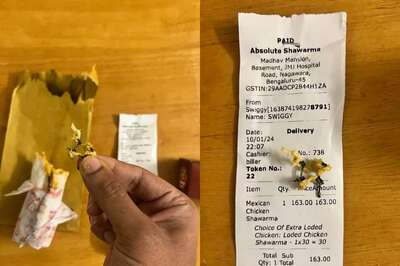


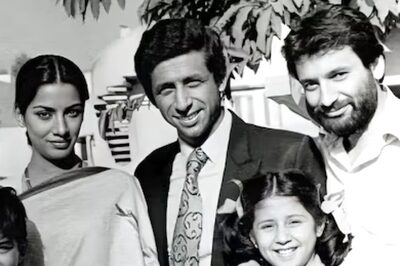
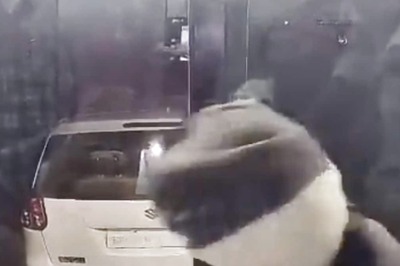

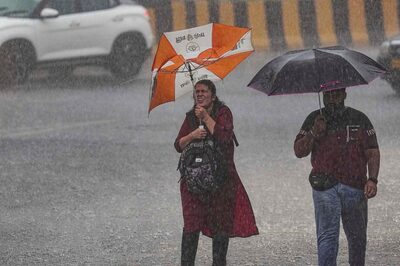

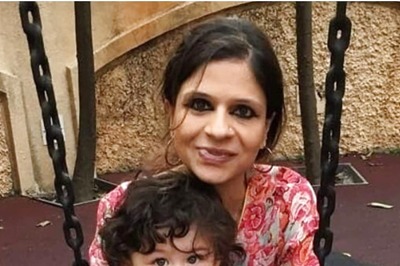
Comments
0 comment